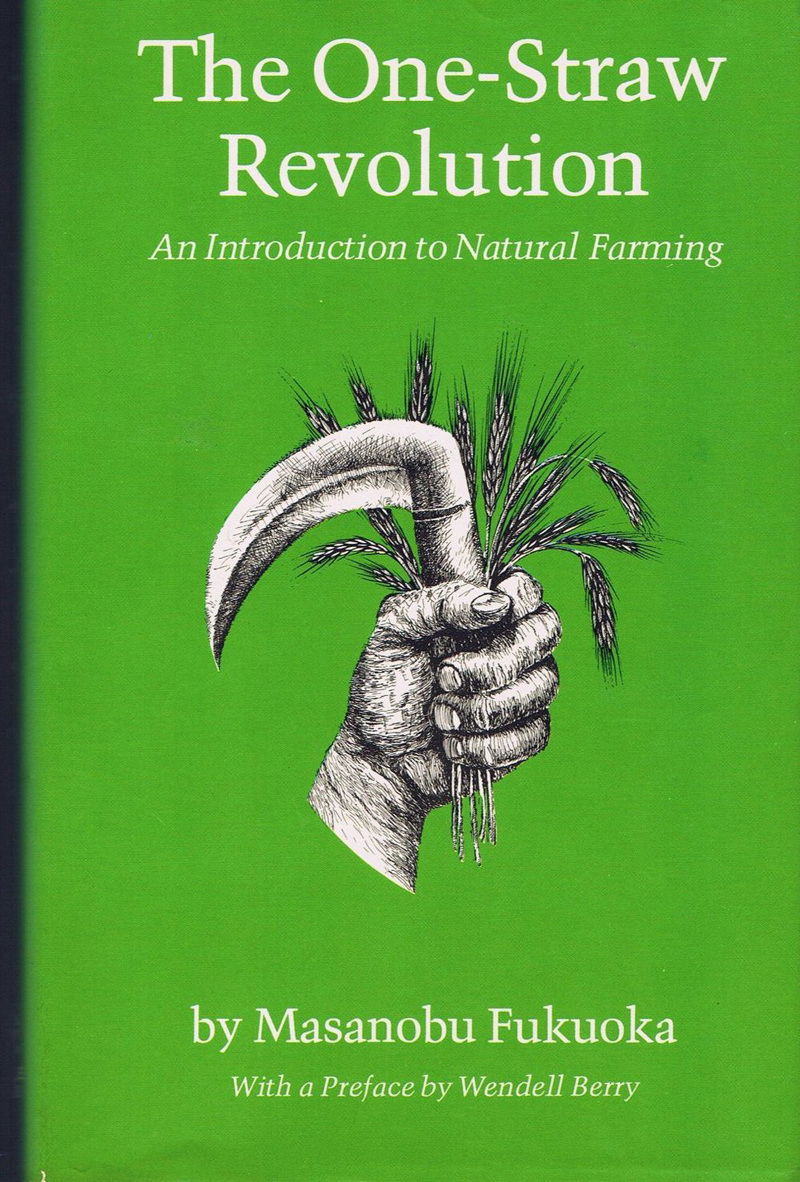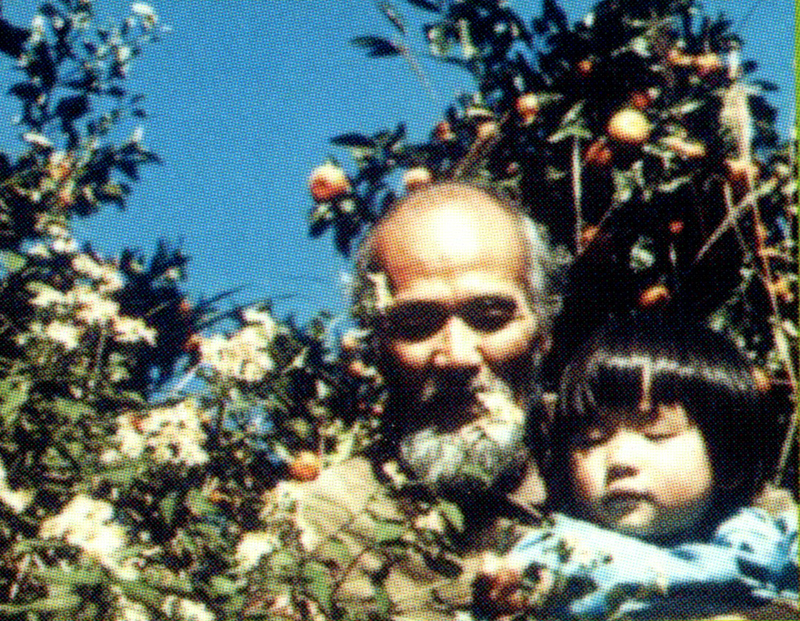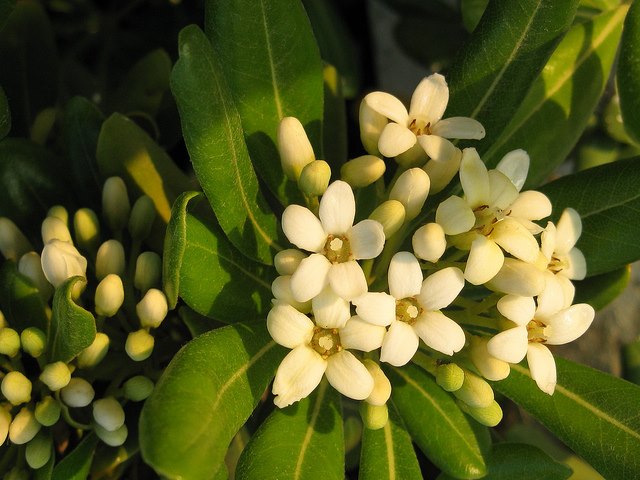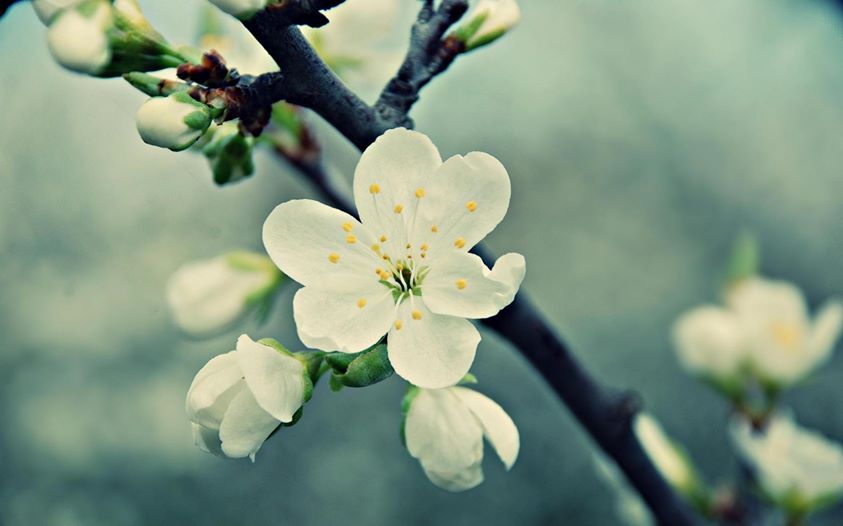It was 1970, and the extent to which our species—supposedly the most intelligent—had failed as steward of the planet had only begun to sink in on me. At age twenty-six, in my first big “ah-ha” moment, I was struck by the realization that we humans had actively created the food scarcity we claimed to fear. We were (and still are) feeding more than a third of the world’s grain to livestock, which return to us only a fraction of those nutrients. I was seized with curiosity—why would any species disrupt the source of its own nourishment, its very survival? The next year I published Diet for a Small Planet. Could food, I wondered in that book and in subsequent writings, be humanity’s pathway to sanity?
Not many years later, Masanobu Fukuoka’s volume, now in your hands, swept across the West; it spoke directly to many who had come of age in the sixties and who were now eager to move beyond protest to practical solutions. I was one. True, we’d not yet heard of global climate change; but the dangers of chemical farming were becoming evident to many. We wanted to believe there was another way to nourish ourselves.
Readers who expect this to be a book only about farming will be surprised to find that it is also a book about diet, about health, about cultural values, about the limits of human knowledge. Others, led to it by hearsay of its philosophy, will be surprised to find it full of practical knowhow about growing rice and winter grain, citrus fruit, and garden vegetables on a Japanese farm. WENDELL BERRY
The One-Straw Revolution we received as an empowering testament to one person’s courage to reject the common wisdom that laboratory, narrowly profit-driven science was the salvation of farming. Instead, Fukuoka taught that the best methods of food cultivation are those aligned with nature, which on a practical level means minimal soil disruption (no tilling or weeding) and no application of chemicals (be they fertilizers or pesticides). Back then, the book fortified a budding movement of back-to-the-landers, but today its message is vastly more pertinent: for while the movement to align farming with nature is burgeoning and has spawned various systems—all generally referred to as “organic”—still dominant and spreading globally is the destructive track. It gains strength from the corporate-propagated argument that without massive petrochemicals and soil disruption, we will certainly starve. As a result, pesticide use per acre has quadrupled since my youth and large-scale, fossil-fuel, corporate-monopoly-dependent farming continues to displace traditional practices worldwide.
Mr. Fukuoka believes that natural farming proceeds from the spiritual health of the individual. He considers the healing of the land and the purification of the human spirit to be one process, and he proposes a way of life and a way of farming in which this process can take place. LARRY KORN
Today the dangers of petrochemical agriculture are widely known and about two-thirds of Americans say they’ve tried “organic” food. Even so, the myth remains that organically raised produce is inevitably more expensive than food produced with the benefit of chemicals and must therefore be a luxury, impractical for the masses. Even many who are deeply engaged in sustainability movements revert to the idea of “lack” or of doing without in order to save the environment. Fukuoka, by contrast, encourages us to trust nature’s bounty; in The One-Straw Revolution he describes how his yields rivaled those of neighboring farms that used the dominant technologies of the day. And in recent years his experience has been widely validated: it is estimated that low- or no-till practices are currently being used to farm 250 million acres of land worldwide, and in 2007 a University of Michigan study projected that overall food availability could increase by about half if the whole world moved to ecologically sane farming.
The assumption that confronting scarcity is an immutable fact of human existence, I believe, has led to the paradox we see today: life-stunting overwork and deprivation for the majority alongside life-stunting overwork and surfeit for the minority. So Fukuoka’s message is more deeply radical than simply encouraging farmers to forego tilling or spraying; it cuts to the core of our understanding of ourselves and our place on this earth. He assures us that as we come to experience nature’s patterns we can let go of our fear of scarcity. Continue reading




